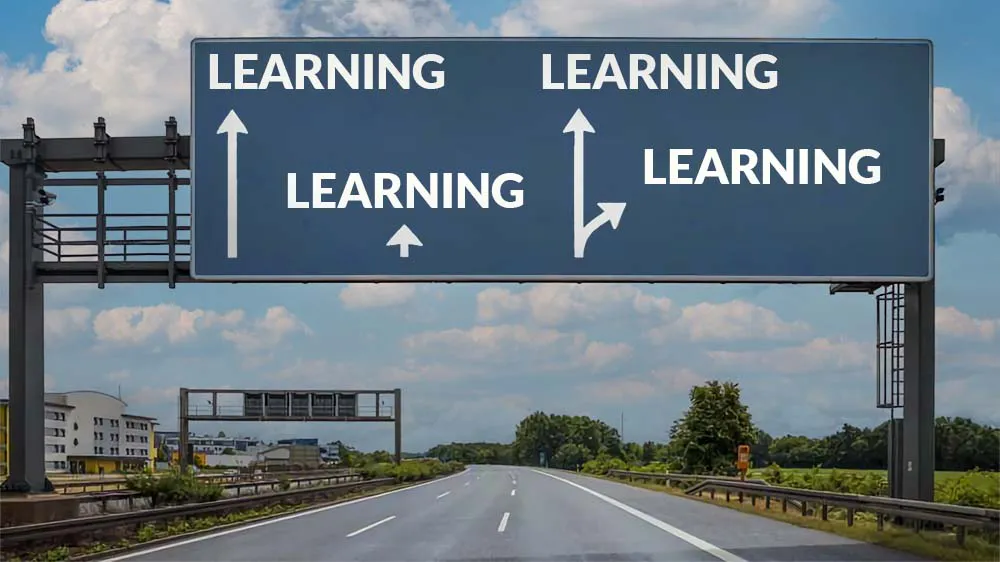On-premises ERP Software 5 unnecessary Problems
that can occur when
using “Vintage Car
Solutions”
that
using
Is your company one of those that still uses on-premises software? It’s like being on the highway at just 90 km/h in a vintage car 🚗 while the competition is speeding past you in the left lane. Continuing to work with an outdated ERP system bears a whole range of risks. What are the five main problems that could slow you down at some point?
The Impact of Outdated Software
An outdated software can be the latest version of a solution that lacks innovation and sometimes it is the outdated version of an innovative and modern solution that is waiting for an upgrade.
There are, of course, thousands of reasons why it doesn’t make sense to upgrade to a newer system or version now. But have you considered the impact it will have on your business if you continue to use your outdated solution?
Everyone in your company is used to the current solution and switching to a modern solution would require effort - that’s obvious. And of course, it may be that your “vintage car software” is still running well and not causing any problems. But for how long? That is uncertain. So until when can your company still afford such a strategy?
5 unnecessary Problems that can occur if you continue to work with outdated Software
1. Missed Innovation can affect Competitiveness
ERP software vendors spend their R&D budgets on their modern, cloud-based ERP solutions. If you’re working with an outdated solution, you’re missing out on new innovations, such as Microsoft’s ChatGPT-based Dynamics 365 Copilot. This alone can lead to a decrease in competitiveness.
2. Higher Total Cost of Ownership due to expensive Support and Investments
If you continue to work with your on-premises solution, you must expect higher total cost of ownership (TCO) over time. One reason for this is the continuous investment required to maintain your current IT infrastructure. In addition, the cost of your software support is likely to be higher.

Your ERP/CRM solution: Will it soon become a
“Burning Platform” -
like Windows 95?
“Burning Platform” -
3. Loss of Security: the Risk of Hacker Attacks is increasing
Hackers and their methods are becoming more sophisticated by the day. They can focus specifically on older versions, which are only supported to a limited extent or no longer at all. The risk of cyber attacks increases for older systems that are still in use.
4. Loss of Knowledge and low Investment in Training
Implementation partners spend a fortune on training their employees. But this usually only applies to the new versions. Sticking with an outdated solution leads to less and less knowledge and expertise being available over time as older consultants gradually retire.

You will never stop Learning Lifelong Learning
in Companies
in
5. Dissatisfied Employees and Customers due to uncomfortable User Interfaces
Few people like working with outdated solutions, because everyone knows the benefits of a modern user interface - the best example is your cell phone. The same applies to outdated business processes. If an old solution continues to be used, employees and customers will more likely become dissatisfied.
How much longer can you afford the Outdated System?
Your ERP system is the heart of your information system. The quality of your solution, your business processes and your data has a major impact on the performance of your company and your financial results. These are very good reasons not to hold on to a “vintage car solution”.
And also remember that it will take at least six to twelve months before your company is finally converted to the new solution you choose today.
So ask yourself the question from the beginning of the article again - how much longer can your company afford to work with an outdated ERP solution? When will you swap the vintage car for a brand new Ferrari and put the blinker on to switch to the fast lane?



 Keeping an Eye on Costs and Risks
Keeping an Eye on Costs and Risks
